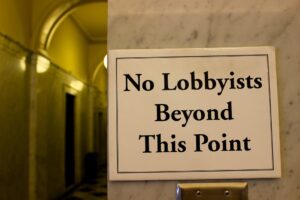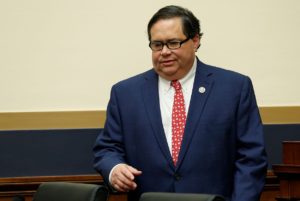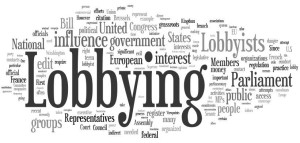While working on a blog entry I happened to call the office of Texas state Sen. Kel Seliger of Amarillo to ask whether the state had clamped down on legislators who seek to become lobbyists.
The answer I got was “no.” The state had not reformed what is commonly called the “revolving door policy” that allows state legislators to become lobbyists for the special interest group of their choice.
In short, someone can walk away from the Legislature and walk directly into a high-paying job as a registered lobbyist.
That rule has to change. It is one of the items I am going to place on my wish list for the 2021 Texas Legislature to enact.
State legislators have built-in access to their former colleagues when they walk away from their public service careers. My memory of legislators with whom I am familiar who then went to work on behalf of special interests is lengthy.
The most notable example is former Texas House Speaker Pete Laney of Hale Center. The Democrat left the Legislature after being muscled out of the speaker’s chair and became an instantaneous lobbyist/big hitter. And who was surprised at that? No one. Laney had a lot of political allies and personal friends on both sides of the aisle. He has been able to parlay those friendships into a healthy post-Legislature career.
Former Republican state Rep. David Swinford is another one. The Dumas lawmaker left the Legislature after the 2009 session and went to work pitching wind farms to his former legislative colleagues.
The rolls are full of those kinds of examples. I harbor no particular ill will toward lobbyists as a general rule; only those who represent special interests that I find repugnant.
Still, the instantaneous advantage former legislators have when they leave elected office and go to work for special interests puts them at a decided advantage over their competitors.
Why not level the field a bit by mandating, say, a two- or three-year waiting period before former legislators can sign up as lobbyists? Is that such a hard task to accomplish? It doesn’t seem so to me.




